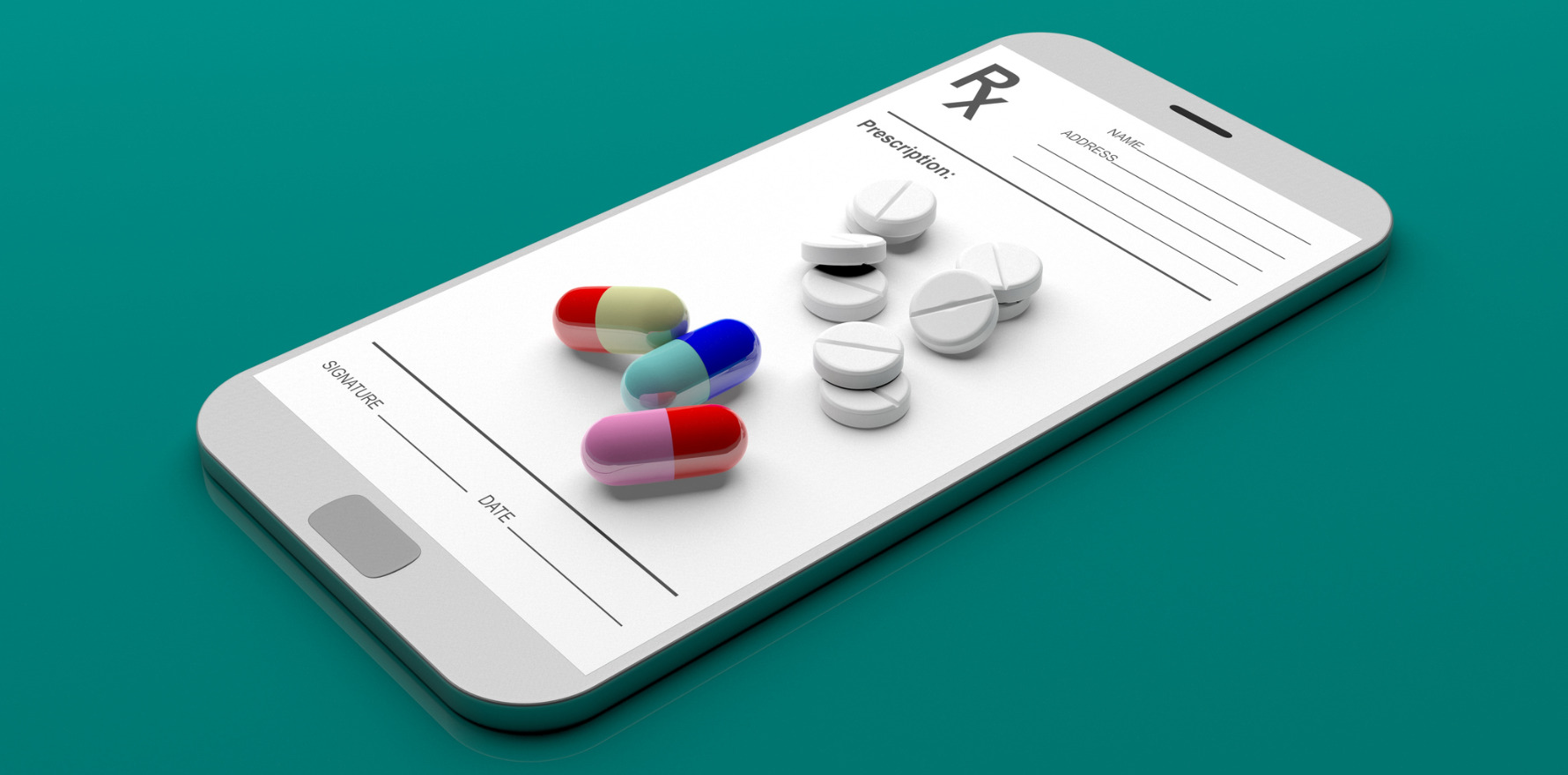My Health app users are getting an early Christmas present.
The Australian Digital Health Agency has announced the My Health App will soon be able to detect and incorporate electronic prescription tokens from emails and text messages.
Speaking to delegates at the Digital Health Festival in Melbourne last week, Peter O’Halloran, chief digital officer at the ADHA, said the e-prescribing update would be rolled out before the end of 2024.
“We have a number of releases coming up between now and Christmas. We’re doing a whole lot of behind-the-scenes, unsexy, technical stuff that’s also essential to ensure the app survives in the future, but we’re also doing some really cool things,” Mr O’Halloran said.
The ability of My Health App to identify and access electronic prescribing tokens from text messages or emails on a person’s phone will add to existing services available through the app, such as the pharmacy finder feature, where the app can find and provide directions to your nearest pharmacy.
“You’ve found a pharmacy, that’s great. But how do you get your script filled?” Mr O’Halloran said.
The update also represents a move away from needing to search through countless emails and texts to find the relevant script.
- This story was first published by Health Services Daily. Read the original here or subscribe here.
In 2025 My Health App users will have the ability to view their active script lists in the app, including how many repeats they have left, Mr O’Halloran added.
Carers and nominated representatives will eventually be able to register for active script list access for their family and loved ones, making it easier to see what medications someone may currently be taking.
There are also plans to incorporate a barcode scanner, so patients can take a picture of a medication and be linked to the relevant consumer medicines information for a particular prescription.
“We need to make it easy and simple so when people are interacting with the healthcare system the information is there, it’s in one place, they can do what they need to do and get on with their lives,” said Mr O’Halloran.
“This is where interoperability comes to the fore – how do we take all those discrete, separate pieces of information, those separate services, functions, and interactions [and] bring them together in a single place so it’s easier for all of us to interact with the healthcare system.”
Mr O’Halloran also provided an exclusive update on the Council for Connected Care’s progress on the 44 actions from the Australian Healthcare – National Healthcare Interoperability Plan 2023-2028 following its most recent meeting last week.
As of March 2024, the Council has completed two of the 44 action items. Thirty-four of the remaining items are on track, with nine of these progressing ahead of schedule. None of the outstanding items are behind schedule.
A formal communique from the latest Council meeting will be released later in the week.
“From [this] meeting forward we will also be publishing all of the papers that go to the Council for Connected Care as well, which Amanda [Cattermole, ADHA CEO] refers to as ‘radical transparency’, so you can actually see what is being discussed, so you can inform the debate and see what concrete steps you can take to help push this agenda,” Mr O’Halloran explained.


